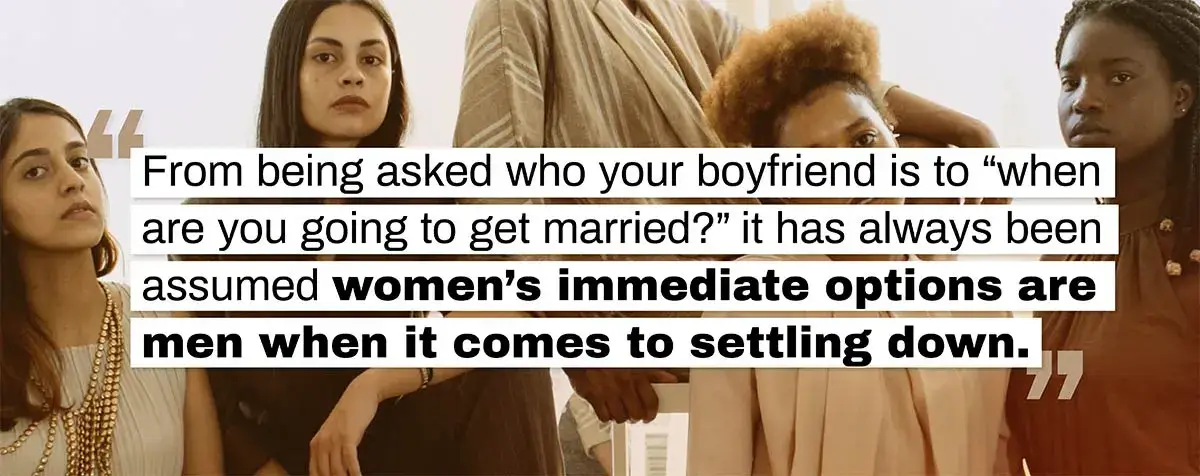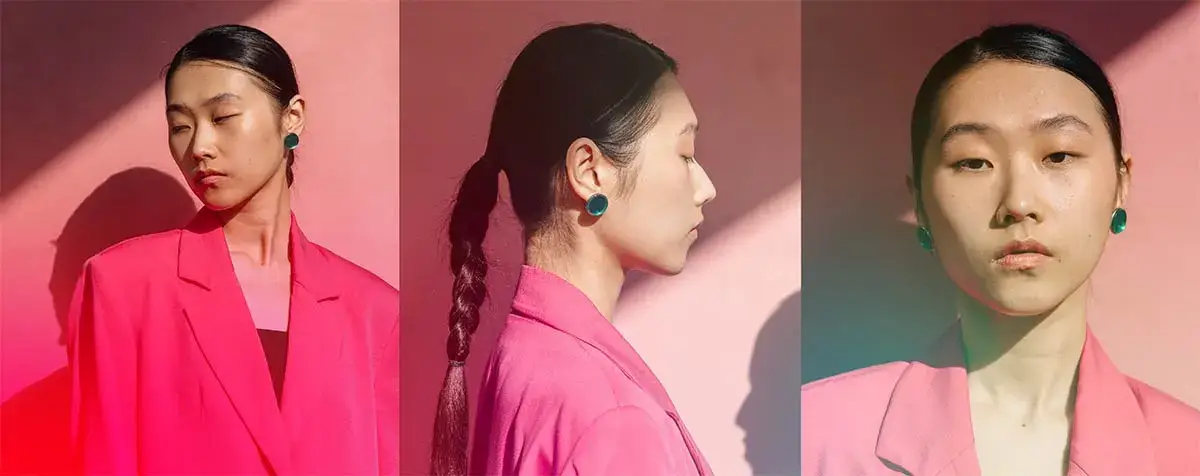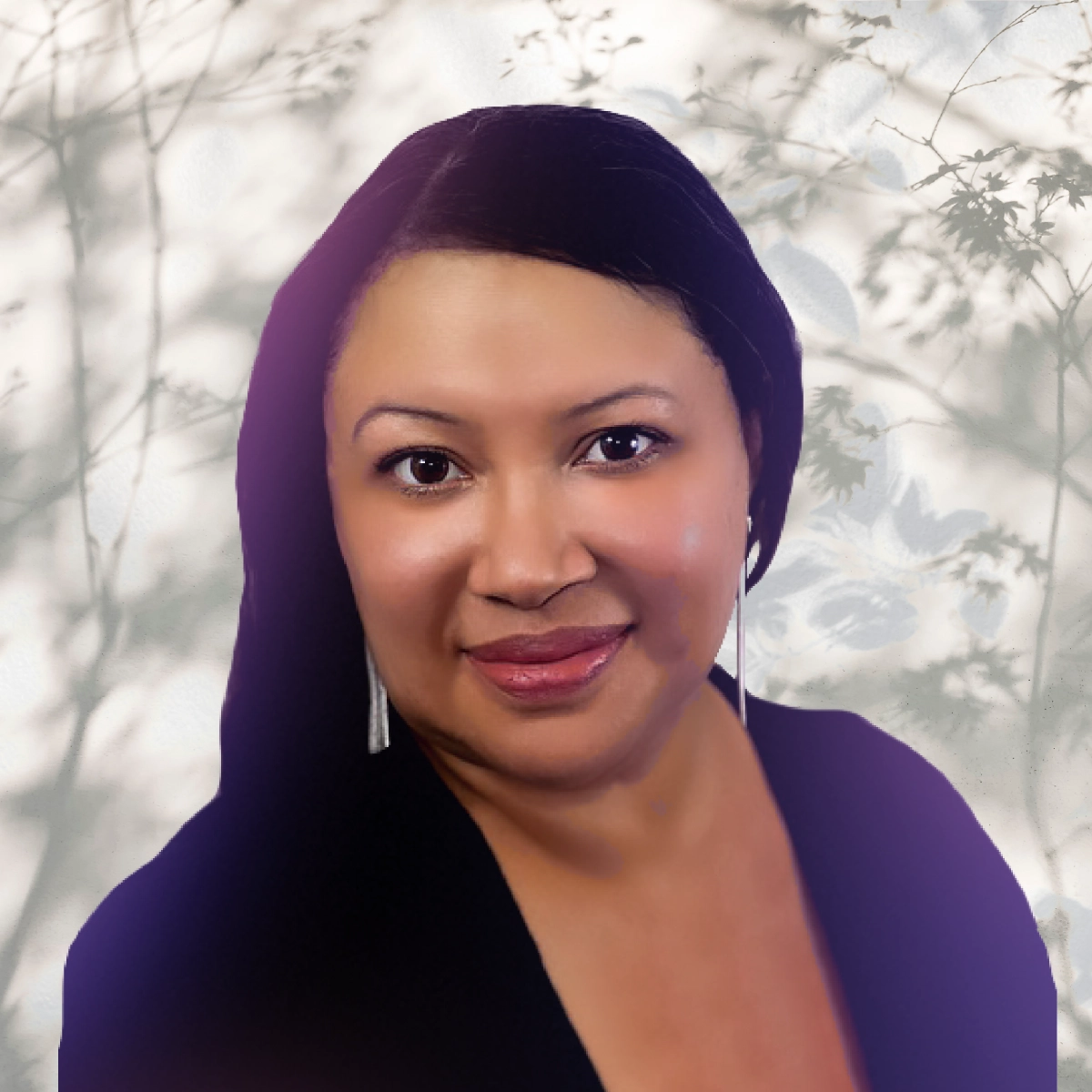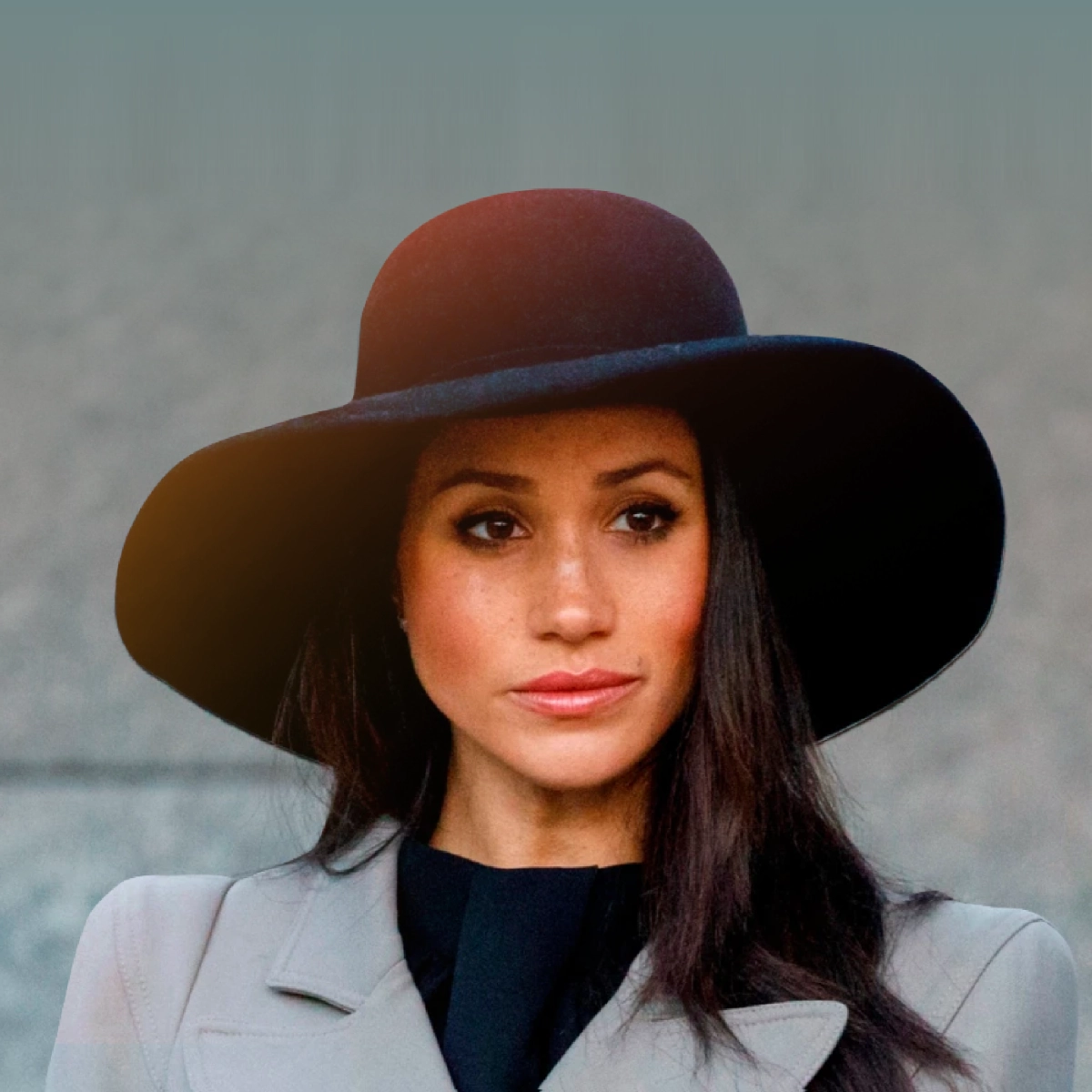Am I a lesbian? It’s become a burning question spanning internet searches, stemming from an anonymously posted master doc on TikTok titled with the very question. As a result of this phenomenon, new conversations around the term “compulsory heterosexuality”—the idea that being straight is the expected norm—have opened a wide gamut of self-discovery for many women assigned female at birth (AFAB) and women-identifying people.
Originally published on Tumblr in 2018, the Am I a Lesbian master doc was written by then-twenty-one-year-old Angeli Luz under the handle @cyberlesbian. The thirty-one pages set guidelines for navigating women’s understanding of their sexuality, with extensive details on the meaning of compulsory heterosexuality, otherwise known as “comphet.” Bullet points ranging from the pressure to develop crushes on male celebrities to wondering why women only become intimately close when drunk, the bulk of the master doc presents questions women rarely ask themselves.
Coined by lesbian feminist Adrienne Rich in the 1980s in her groundbreaking essay Compulsory Heterosexuality and Lesbian Existence, comphet conveys that heterosexuality is assumed early in a woman’s life and enforced upon them by a patriarchal and heteronormative society. In other words, everything else outside of heterosexuality is imbued to be unnatural, therefore demoting queerness as a “choice.” Women are conditioned to believe their desirability to the patriarchal standards of society is their highest asset. Meanwhile, chapters of a beautifully lived gay life are cut short for many who come out late.

A leading example of comphet in contemporary pop culture is the unforgettable queen bee herself, Regina George from Mean Girls (2003). It’s been eighteen years since the release of Mean Girls. Still, one opinion that’s increased in popularity is that Regina became so frustrated with her constant performance of heterosexuality, leading many to wonder: was Regina queer all along?
Regina displays the trademark behaviors of someone working hard to lead in the inherent racetrack of female competition. Her hyper-feminine “plastic” look, clad head to toe in pink (on Wednesdays), is just one part of Regina’s dedicated performance of compulsory heterosexuality. The exhibitionist display of her male relationships and, ultimately, her obsessive policing of other girls nearly makes her a textbook definition. The film makes it unclear whether she’s just unhappy with the unwritten social rules of how girls should act or, honestly, is queer. At the end of the film, she joins the field hockey team—an albeit funny but subtle jab at lesbian tropes.
Major revelations surface across the internet as women continue to deconstruct their sexuality. Women are beginning to see a stronger bond and value in their friendships than in their romantic relationships. Youtuber Savonne Pearson turned the Am I a Lesbian master doc into a ten-episode series, unpacking each section of the master doc. In her infomercial-style intro, she affirms, “You are not a criminal for wanting to kiss your female best friend.”
Criticism of deep female friendships is no stranger to our cultural landscape—just another pull from the tethers of heteronormativity. A 2021 Saturday Night Live skit brought light to the recent uptick in lesbian period films. The act begins with a worried husband asking a doctor why his wife has suddenly become “a bummer.” Then an elicit queer friendship sparks between the wife and a lonesome spinster amidst lush green landscapes—as always, ending in tragedy. The skit’s punchline: all a wife needs are seagull sounds, gray hair, and long rocky walks to shake out their melancholy.
These friendships, however, are indeed beautifully portrayed and are empowering in their content and queer representation in history. Since the release of 2015’s beloved Carol, there have been at least fifteen other lesbian period films. The long list includes Bessie (2015), The Handmaiden (2017), Portrait of a Lady on Fire (2019), Ammonite (2020), Summerland (2020), and most recently, The World to Come (2021). In the 1980s, The Color Purple (1985) made it to the cultural zeitgeist of lesbian period films and took the concept of comphet a step further, delving into misogynoir: misogyny directed towards Black women where race and gender both play roles in bias.

While pop culture can navigate our cultural consciousness, comphet is experienced daily. From being asked who your boyfriend is to “when are you going to get married?” it has always been assumed women’s immediate options are men when it comes to settling down. There is also the social pressure for women to remain “cool girls.” This idea/trope is broken down beautifully in Gillian Flynn’s 2012 novel-turned-film Gone Girl:
“Men always say that as the defining compliment, don’t they? She’s a cool girl. Being the Cool Girl means I am a hot, brilliant, funny woman who adores football, poker, dirty jokes, and burping…while somehow maintaining a size 2 because Cool Girls are above all hot. Hot and understanding. Cool Girls never get angry; they only smile in a chagrined, loving manner and let their men do whatever they want…Men actually think this girl exists. Maybe they’re fooled because so many women are willing to pretend to be this girl.”
We all enjoy getting attention. But when it comes from a cis-gendered man, suddenly, a cis-woman’s validation is expected to skyrocket, checking off a box of societal desirability.
The effects of comphet don’t stop at cisgender women either; it affects anyone who identifies as a woman. According to Cheyenne M. Davis (she/they), a sex writer and founder of Unveild, a sex and kink publication for Black and Brown folx, “[comphet] is harmful to queer, trans, and/or non-cisgender folk,” they say. “It erases and demonizes these identities while simultaneously trying to force us to adopt a system where we must perform straightness and cisness.”
A whirlwind of conversation continues to spin since the re-emergence of Adrienne Rich’s essay. The changes seen are far from “a bummer.” Rather than scrutinizing the shift in how people define their sexual orientation, the beauty of the unknown can be a channel of opportunity. And while the Am I a Lesbian master doc doesn’t answer any questions, it can catalyze a truly deserved authentic life.





